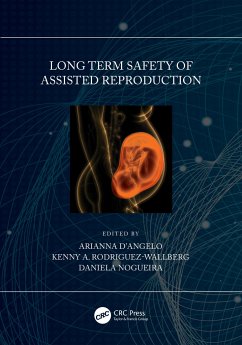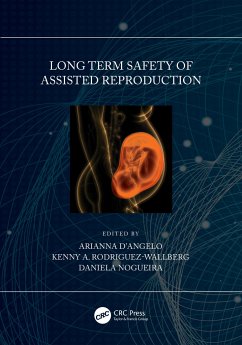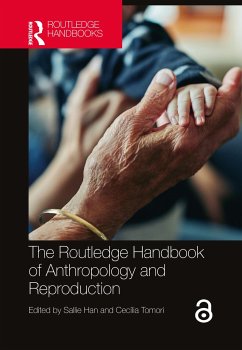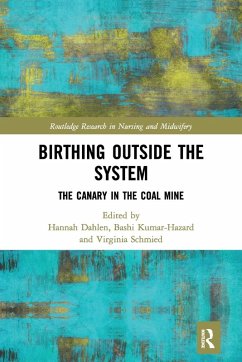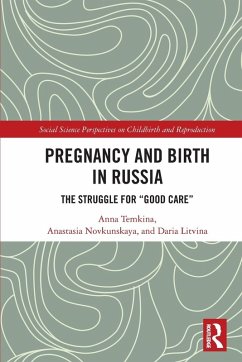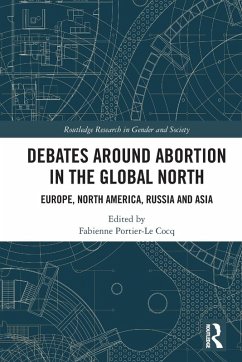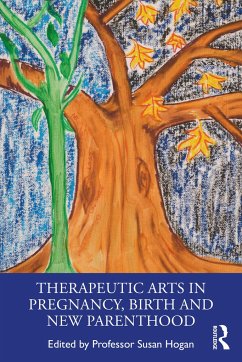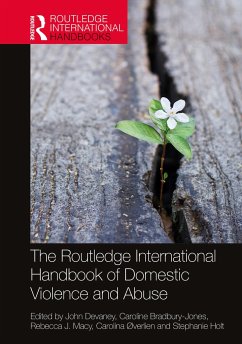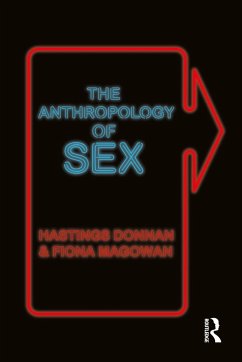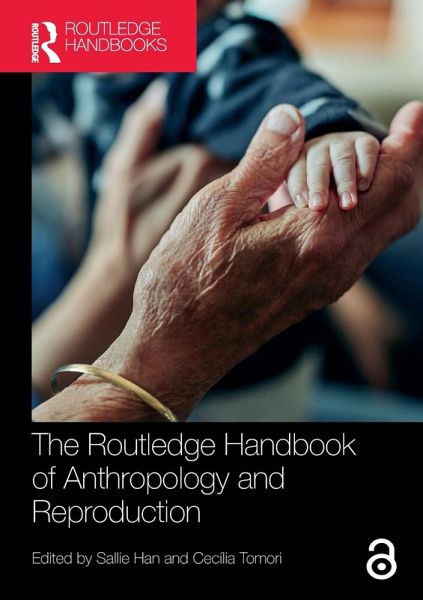
The Routledge Handbook of Anthropology and Reproduction
Versandkostenfrei!
Versandfertig in 6-10 Tagen
48,99 €
inkl. MwSt.
Weitere Ausgaben:

PAYBACK Punkte
24 °P sammeln!
The Routledge Handbook of Anthropology and Reproduction is a comprehensive overview of the topics, approaches, and trajectories in the anthropological study of human reproduction. The book brings together work from across the discipline of anthropology, with contributions by established and emerging scholars in archaeological, biological, linguistic, and sociocultural anthropology. Across these areas of research, consideration is given to the contexts, conditions, and contingencies that mark and shape the experiences of reproduction as always gendered, classed, and racialized. Over 39 chapters...
The Routledge Handbook of Anthropology and Reproduction is a comprehensive overview of the topics, approaches, and trajectories in the anthropological study of human reproduction. The book brings together work from across the discipline of anthropology, with contributions by established and emerging scholars in archaeological, biological, linguistic, and sociocultural anthropology. Across these areas of research, consideration is given to the contexts, conditions, and contingencies that mark and shape the experiences of reproduction as always gendered, classed, and racialized. Over 39 chapters, a diverse range of international scholars cover topics including:
Reproductive governance, stratification, justice, and freedom.
Fertility and infertility.
Technologies and imaginations.
Queering reproduction.
Pregnancy, childbirth, and reproductive loss.
Postpartum and infant care.
Care, kinship, and alloparenting.
This is a valuable reference for scholars and upper-level students in anthropology and related disciplines associated with reproduction, including sociology, gender studies, science and technology studies, human development and family studies, global health, public health, medicine, medical humanities, and midwifery and nursing.
Reproductive governance, stratification, justice, and freedom.
Fertility and infertility.
Technologies and imaginations.
Queering reproduction.
Pregnancy, childbirth, and reproductive loss.
Postpartum and infant care.
Care, kinship, and alloparenting.
This is a valuable reference for scholars and upper-level students in anthropology and related disciplines associated with reproduction, including sociology, gender studies, science and technology studies, human development and family studies, global health, public health, medicine, medical humanities, and midwifery and nursing.





